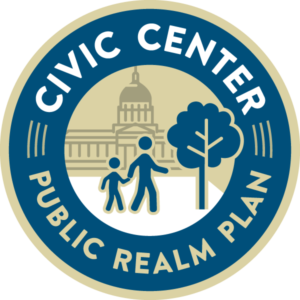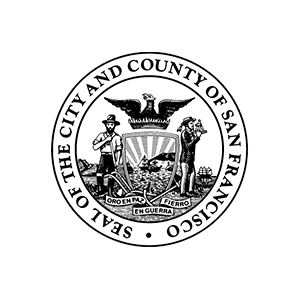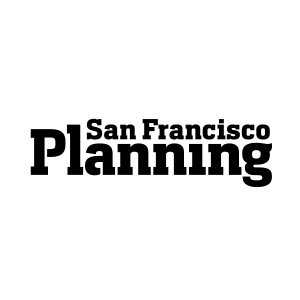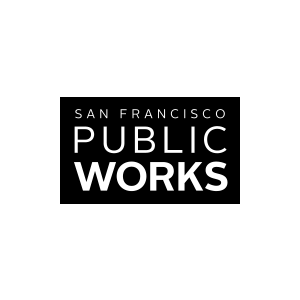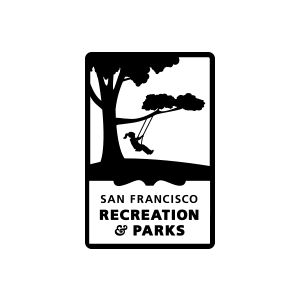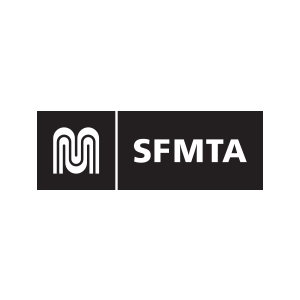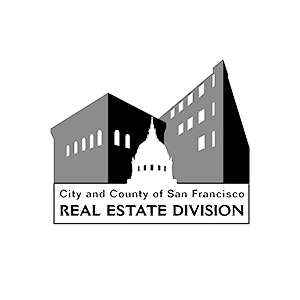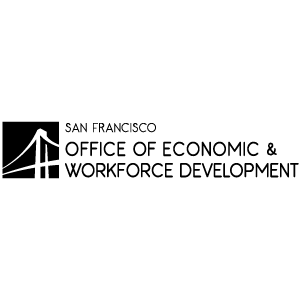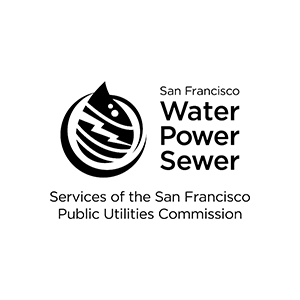Abraham was hanging out at UN Plaza, sitting on one of the art installations. He was listening to music, smoking a cigarette, and people-watching.
Born at the Letterman Army Hospital in the Presidio, Abraham has sixty years worth of memories living in San Francisco and hanging out in the public spaces of the Civic Center.
“Back when I was a child, the Tenderloin wasn’t what it is now, man. It used to be the thing on the weekends to dress up in your best. You’d go to the Tenderloin and coffee shops and galleries and restaurants, walk around and enjoy the Tenderloin. The Civic Center used to have a beautiful reflecting pool fountain that they took out probably a number of years ago but it was gorgeous, man. I’ve watched the city go through a lot of changes in 60 years. Some good, some bad, some indifferent, but for the most part, it’s always growing.”
He lives just a couple blocks away and visits the Civic Center area nearly every day.
“I spend a lot of time out here just people-watching, getting in random conversations, like you and I right now, with people that just want to stop and talk. I’m an open, friendly kind of person. I like people. I get in conversations with people all the time out here. A lot of tourists approach me looking for directions or where to hang out in the city, where to go in the city instead of here. I’m pretty amenable to that. I don’t tell them to go to hell, I tell them where to go! I give them good directions.”
Although he likes going to other public spaces like Golden Gate Park on the weekends, he chooses to come to the Civic Center as part of his daily routine.
“It’s my morning constitutional. I get up at about 6 a.m., go to Starbucks, get a cup of coffee, come over here and wake up with it. Then I go home, have breakfast, do my exercises, come back here about noon or so. I just sit and watch and listen to music and talk to folks. I feel comfortable here in this space. We have some unsavory elements here; we have drug abusers which I’m totally opposed to but for the most part, it’s a pretty safe space. There’s a lot of good folks here.”
When talking about the homeless population in the Civic Center area, Abraham was compassionate and concerned.
“The homeless situation I’m kinda worried about because they do a count once every couple of years which is not accurate, so they can’t really get a full assessment what the needs are to meet them. And for the most part, the homeless get a bad rap, man. Everyone thinks that the homeless are junkies and thieves or all bums but that’s not necessarily so. A lot of people just become homeless because of cost of living. There’s a lot of need out there. I work with a church organization. We have a church service right here every Sunday at two o’clock and we feed the homeless after church. This is a safe space for them during the day time. They can interact, get services. You know, a lot of people that offer services come around here looking for them. It’s just a localized area but I can see this place becoming more family-friendly.”
“The Exploratorium* put in all this stuff here which is really cool. It’s family interactive. The kids get a kick out of it. The visitors and the tourists get a kick out of it. You know, I think it’s really attractive for people to see.”
Abraham wants the Civic Center and San Francisco to feel like a welcoming and inviting place for residents and visitors.
“I’m proud of my city. I love San Francisco, man. I want people to enjoy it. I don’t want them to be afraid of it.”
Throughout his lifetime, he’s lived and traveled outside of San Francisco. But he always finds himself home again.
“I’ve always been hooked on the City like it’s in my blood, you know? No matter where I go, I always come back here. I’m drawn to it. I’ve lived in Sweden for a while. I’ve lived in other states in the union for a while but I always come back here. I always come back to the ‘City by the Bay.’”
When asked about his most memorable experiences at the Civic Center, he reminisced about the peace rallies in the ‘60s and ‘70s. He also talked about a darker time in San Francisco’s history.
“It was sad and it was traumatic. It was when Moscone and Harvey Milk were murdered by Dan White. The same night of the day that it occurred there was a huge protest over there at Civic Center Plaza. There was a lot of violence. Police cars were burnt. Paddy wagons were burnt with people in them, unfortunately. The police started the violence. They started lobbing tear gas and beating people with clubs. It got pretty bad. Very saddening. Very disheartening. I was in the middle of it. I was protesting the violence right in front of City Hall. A gentleman was clubbed over the head and there used to be a first aid station right over there on Ivy Street. I was escorting him over there, he was bleeding profusely from a head wound, and the police came down the steps yelling all kinds of stuff because I was escorting this guy to the first aid station. They tried to come after me with the clubs. I don’t know. I lost a lot of respect for the police that night. It broke my heart, man. It totally broke my heart. That’s not what this city is about. This city is not about violence. This City is a city of peace and love. This is where the Summer of Love started and it should stay that way.”
Despite all that he’s witnessed and experienced in San Francisco, Abraham has hopes for the future of the City.
“I hope it keeps going forward and upward you know, in positive ways. It seems right now everyone’s out for the big buck, you know, ‘me, me, me’ and ‘mine, mine, mine’. I’d like to see it become more awareness of the people, of themselves and their neighbors. Being supportive of their neighborhoods, of people around them, of their situations. We need more of that.”
If you visit UN Plaza around lunch time or the early afternoon during the work week, it’s very likely you will see Abraham with his walking stick that has a skull at the end of it, getting in conversations with strangers and giving tourists directions.
